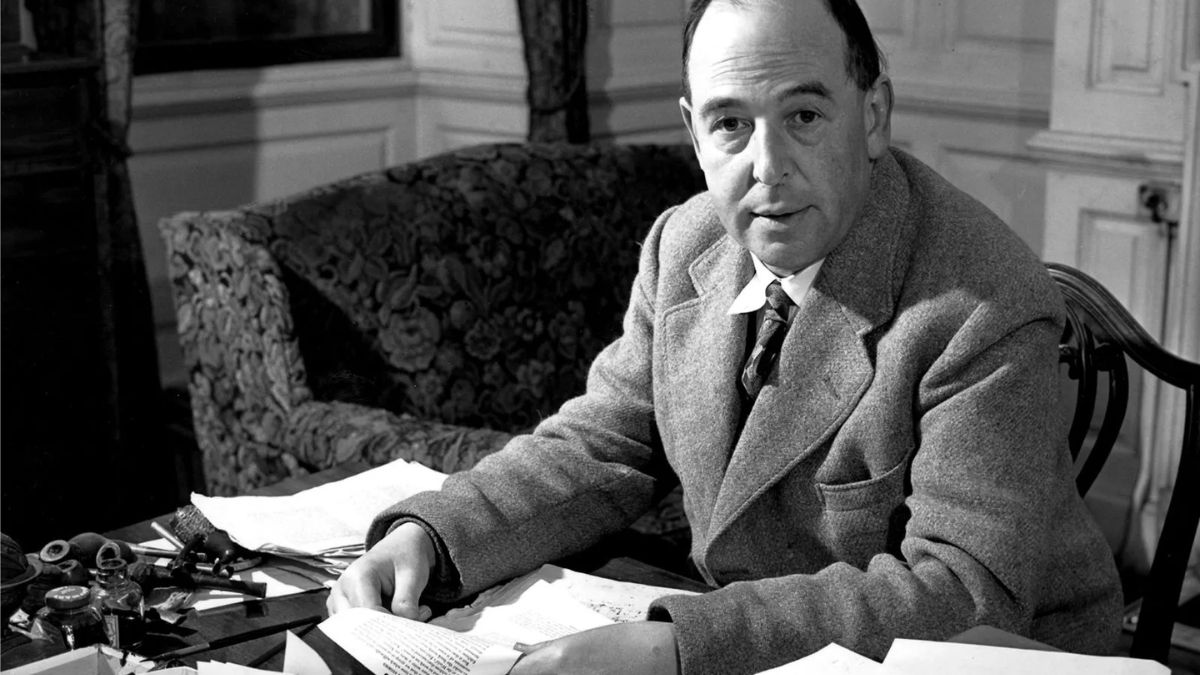

BreakPoint
Politics First, Women Second
Michaelene Fredenburg had an abortion at age eighteen. She found the procedure "painful and humiliating" and was left feeling "violated and betrayed." For years, she struggled with "a cycle of self-destructive behavior," including an eating disorder and suicidal thoughts. Nonetheless, some think that Fredenburg and others like her are making too big a deal out of their experiences. Fredenburg testified recently at a congressional hearing on "Improving Women's Health: Understanding Depression after Pregnancy." The hearing examined two related issues: postpartum depression, and what certain members of the congressional subcommittee kept referring to as "so-called postabortion depression." Two proposed bills were being discussed -- bills that would increase funding for both conditions. The first panel featured psychiatrist Dr. Nada Stotland, along with a mother whose daughter killed herself because of severe postpartum depression. They were given utmost respect by everybody, and rightly so. The second panel consisted of Michaelene Fredenburg, who now runs Life Resource Network in San Diego, and Dr. Elizabeth Shadigian, a physician who has researched the aftermath of abortion. These women were treated with barely concealed contempt by some on the committee. For example, Representative Lois Capps (D) of California openly expressed her surprise that this second panel had been invited to talk about women's health. Representative Sherrod Brown (D) of Ohio accused "anti-choice members of Congress" of "turn[ing] this important public health hearing into yet another attack on the reproductive rights of women." The consensus among the members was clear: Postabortion depression is an imaginary disease made up by pro-lifers. Dr. Stotland, the psychiatrist agreed that even if some women feel distraught after abortion, that doesn't mean they're mentally ill. And those feelings, she argued, are probably because of pre-existing circumstances, like an abusive partner: Abortion, in comparison, is a minor event that's not really relevant to a woman's emotional health. That's like arguing that postpartum depression is unrelated to pregnancy or childbirth. But those are the lengths some people will go to in order to protect legal abortion. As was pointed out during the hearing, very little research exists on postabortion depression. But as Dr. Shadigian pointed out, that's the very reason we need more funding. And the evidence we do have shows that the emotional fallout after abortion can be just as devastating as postpartum depression. For instance, last year the Canadian Medical Association Journal published a study showing that "women who had abortions were 2.6 times more likely than delivering women to be hospitalized for psychiatric treatment in the first 90 days following abortion or delivery." But as Fredenburg testified, women who have had abortions are often discouraged from talking about the experience. More research on what abortion does to women's psyches could change that, and post-abortive women could get the help they need. You'd think that those who do the most talking about women's rights could learn to put the needs of women above partisan politics. Sadly, you'd be wrong. For further reading and information: Read the transcripts from the hearing "Improving Women's Health" (click on the witnesses names). The two bills discussed at the hearing were the Melanie Blocker-Stokes Postpartum Depression Research and Care Act (H.R. 846) and the Post-Abortion Depression Research and Care Act (H.R. 4543). John Reichard, "Postpartum Depression Issue Mixes with Abortion Politics at Combustible House Hearing," CQ Healthbeat News, 29 September 2004. Visit the website for the Women Deserve Better campaign. See their "Medical and Psychological Talking Points" on abortion. Dr. Gladys A. Sweeney, "The Psychological Effects: Practices Opposed to the Culture of Life and to Women's Health," At the Podium, Family Research Council, 17 April 2002. David C. Reardon, et al., "Psychiatric admissions of low-income women following abortion and childbirth," Canadian Medical Association Journal 168, no. 10 (13 May 2003). See also Dr. Reardon's answer to critics of his research. Jenni Laidman, "After decades of research, evaluating abortion's effect still difficult," Toledo Blade, 22 January 2004. Douglas Johnson, "Blood Brothers," Weekly Standard, 11 October 2004. Roberto Rivera, "First Things First: Voting and the Sanctity of Life," Boundless, 2 September 2004. Johannes L. Jacobse, "Women Are Abortion's Second Victims," BreakPoint Online, 22 January 2003. Erika Bachiochi, ed., The Cost of Choice: Women Evaluate the Impact of Abortion (Encounter, 2004). See the "Worldview for Parents" page "Fearfully and Wonderfully Made." Call 1-877-322-5527 to request a free copy of the brochure "Why Aren't Women Being Told?" which explains the link between abortion and breast cancer. (You can get 10 copies for $5). The BreakPoint Culture of Life Packet is a valuable tool for church leaders and citizens, with resources that show what we can do to build a culture of life.
10/15/04















